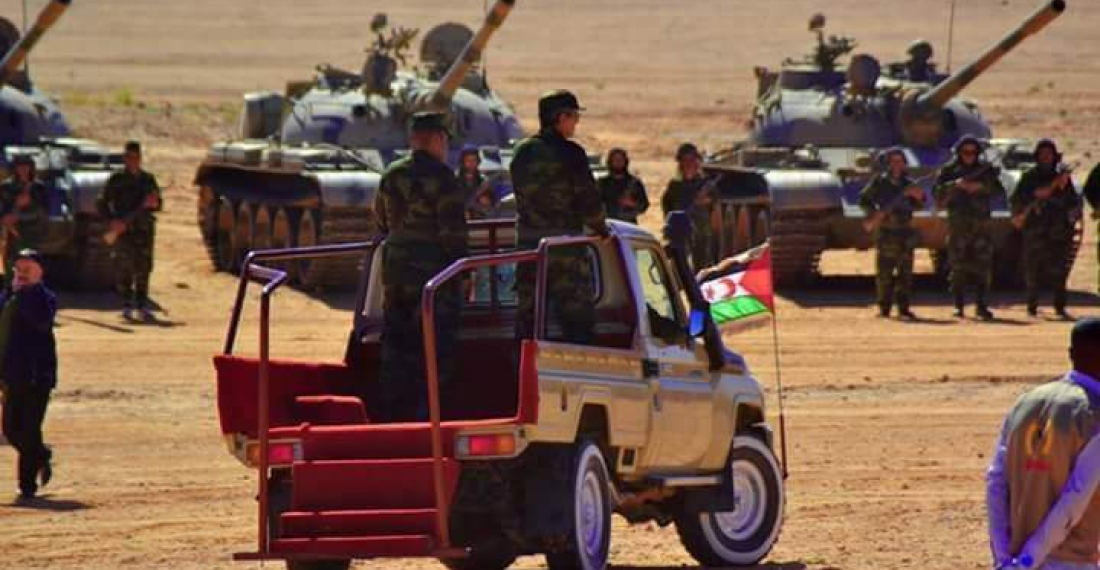The Polisario Front condemned on Thursday a declaration by US President Donald Trump recognising Western Sahara as part of Morocco.
The US move seems unlikely to lead other Western states or the UN to abandon their own longstanding position calling for a referendum to resolve the dispute. The UN said its stance was unchanged.
"The Polisario and Sahrawi government condemn in the strongest terms the fact that outgoing American President Donald Trump attributes to Morocco something which does not belong [to the country]", the Sahrawi information ministry said in a statement to AFP
Trump's declaration came in tandem with the announcement that Morocco was normalising relations with Israel.
"Trump's decision changes nothing in legal terms over the question of Sahrawi because the international community does not recognise Moroccan sovereignty over Western Sahara", the Polisario Front statement said.
The Polisario Front holds a fifth of Western Sahara and has campaigned for a vote on self-determination. Last month, tensions between Polisario members and Moroccan forces brought a 29-year old ceasefire to an end.
On the international level, Portugal and Switzerland have reaffirmed in separate statements support for a political solution to the regional conflict over the Sahara under the aegis of the United Nations.
Portugal will hold the presidency of the Council of the European Union in the first half of 2021.
Source: commonspace.eu with France24 (Paris) and agencies.
Photo: Polisario fighters






